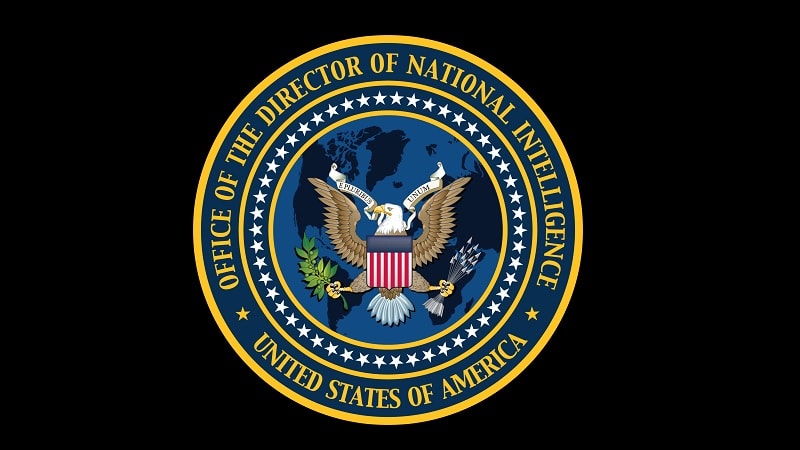
The Intelligence Advanced Research Projects Activity (IARPA) – which operates within the Office of the Director of National Intelligence (ODNI) – has launched a new effort aimed at advancing the science behind quantum computing by lowering the number of errors produced in the process of quantum research.
The Entangled Logical Qubits (ELQ) program focuses on lowering the number of errors by pushing forward work in “universal fault-tolerant quantum computing (UFTQC) by demonstrating high-fidelity entanglement between error-corrected logical qubits using a modular architecture.”
“This is an essential step towards the realization of UFTQC and its potential to greatly outperform classical computing in solving certain classes of problems, including those of interest to the Intelligence Community (IC), and to the U.S. Government as a whole,” IARPA said.
Qubits are the basic unit of measuring for quantum computing, and are at times error prone and cause issues for quantum calculations.
“To the noise and errors that plague computing with physical qubits, UFTQC offers an antidote,” commented ELQ Program Manager Dr. Michael Di Rosa. “IARPA’s previous quantum programs showed that the fundamentals behind UFTQC work in practice, and now we are taking the next significant step toward a UFTQC future through ELQ and its success.”
As part of this endeavor, ELQ has awarded research contracts to ETH Zürich, Harvard University, the University of Innsbruck, and the University of Sydney.
Testing of the work conducted under this new endeavor will be overseen by the Air Force Research Laboratory, the Johns Hopkins University Applied Physics Laboratory, and Sandia National Laboratories.
